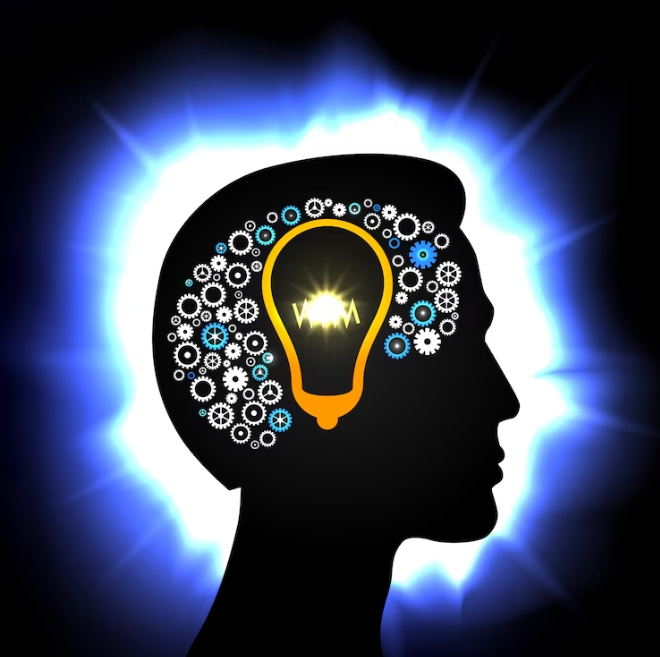When considering the many attributes that contribute to success in the workplace, one particular trait stands out as the unsung hero of the modern professional era: mental toughness. A tough mind isn't about stubbornness or rigidity; rather, it's about resilience, adaptability, and the ability to persevere in the face of adversity. From an employee-centric viewpoint, understanding the elements of a tough mind can offer a roadmap to cultivate this invaluable trait.
1. Unwavering Self-beliefAt the heart of a tough mind lies a deep-seated belief in one's abilities. This isn't about overconfidence or arrogance but rather an intrinsic understanding that, regardless of challenges, you possess the skills and determination to navigate through them.
Employee Insight: Celebrate your achievements, no matter how small. Create a record of your successes, projects accomplished, or challenges overcome. When faced with doubts, revisit this record to remind yourself of your capabilities.
2. Solution-focused ApproachA tough-minded inspanidual doesn't dwell excessively on problems. Instead, they shift their energy towards finding solutions. This proactive approach reduces feelings of helplessness and promotes action.
Employee Insight: When faced with obstacles, ask constructive questions like, "What's the next best step?" or "How can I approach this differently?" By focusing on solutions, you're already halfway to overcoming the challenge.
3. Emotional MasteryEmotional intelligence and the ability to manage one's emotions are key components of mental toughness. Recognizing and understanding feelings without letting them dominate decisions is a hallmark of a tough mind.
Employee Insight: Practice mindfulness or meditation. These tools can help you become more attuned to your emotional responses and enable you to react with greater clarity and composure.
4. Endurance and PerseveranceMental stamina is about the long game. It's the grit and determination to keep pushing forward, even when the going gets tough or the end goal seems distant.
Employee Insight: Break down large tasks or goals into smaller, more manageable steps. Celebrate each milestone, and remember that every step forward, no matter how small, is progress.
5. Openness to FeedbackWhile it may seem counterintuitive, a tough mind is open to feedback. Constructive criticism is seen not as a personal attack but as an opportunity for growth.
Employee Insight: Cultivate a growth mindset. View feedback sessions as learning opportunities. Instead of becoming defensive, seek clarity and ask questions to understand better and improve.
6. AdaptabilityThe corporate world is in a state of constant flux. A tough-minded inspanidual doesn't resist change but embraces it, understanding that adaptability is a survival skill in today's dynamic landscape.
Employee Insight: Dedicate time for continuous learning. Be it through workshops, online courses, or reading, staying updated ensures you're ready to adapt when the need arises.
7. Future-oriented PerspectiveA tough mind doesn't get bogged down by past failures or setbacks. It takes lessons from the past, applies them in the present, and maintains a future-focused outlook, always aiming for what lies ahead.
Employee Insight: Practice reflective thinking. Analyze past challenges, understand what you've learned, and apply these insights to future endeavors.
8. Empathy and CompassionA truly tough mind understands the importance of human connections. Empathy and compassion toward oneself and others create a support system, making challenges easier to tackle.
Employee Insight: Foster genuine relationships within your professional network. Support colleagues during their challenges and seek guidance when you face your own. Remember, everyone is fighting their own battle, and understanding this fosters a collaborative, rather than competitive, environment.
In summary, the elements of a tough mind go beyond mere perseverance or resilience. They encompass a holistic approach that integrates self-belief, emotional intelligence, adaptability, and a solution-focused mindset. As employees navigate the complex and often challenging world of modern professionalism, cultivating these elements can serve as a compass, guiding them not just to withstand adversity but to thrive amidst it. A tough mind is a composite of many facets, each reinforcing the other, making the inspanidual not just a survivor but a trailblazer in their respective field.





